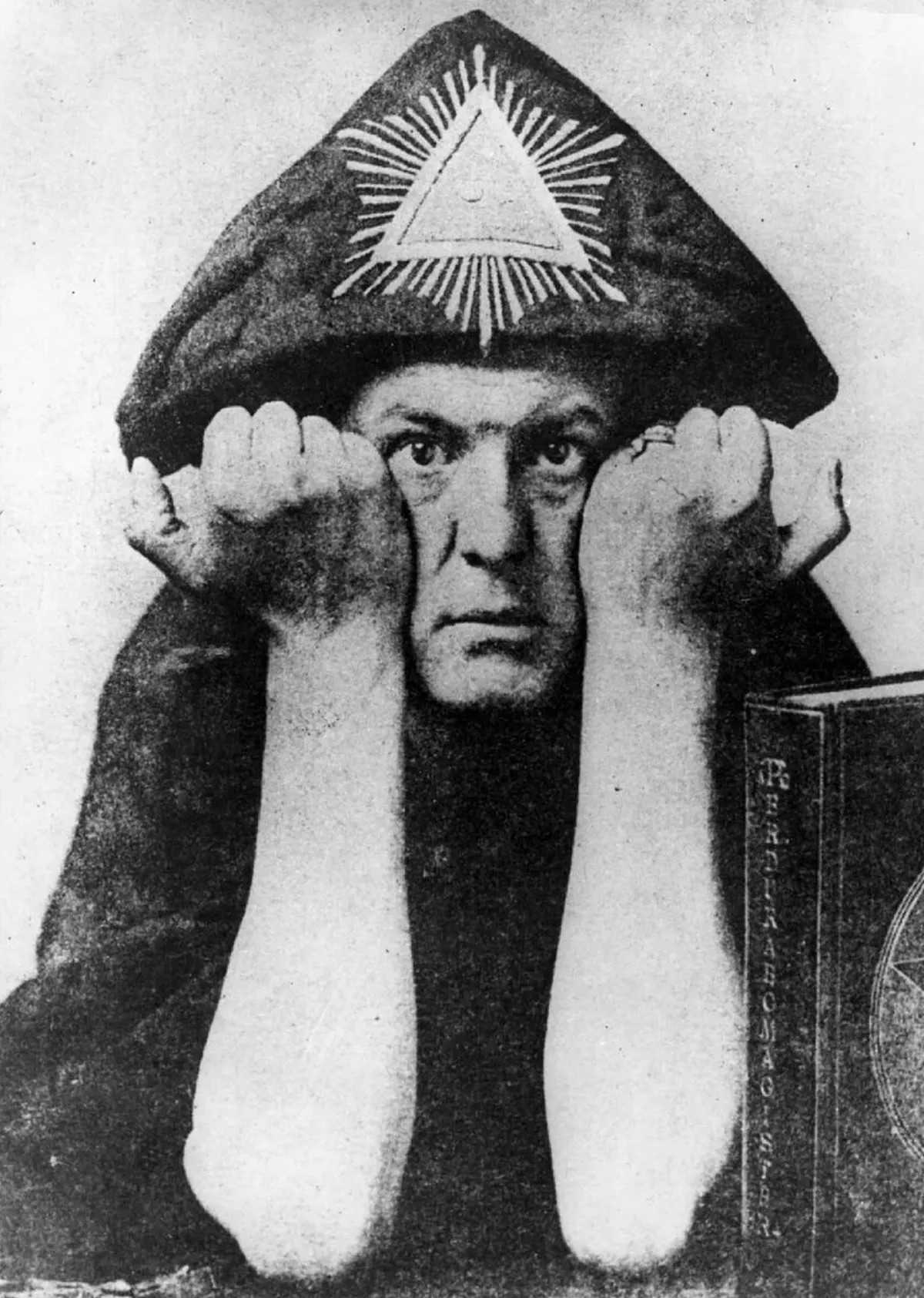Mar '25

For a Student Who Used AI to Write a Paper
Now I let it fall back
in the grasses.
I hear you. I know
this life is hard now.
I know your days are precious
on this earth.
But what are you trying
to be free of?
The living? the miraculous
task of it?
Love is for the ones who love the work.

Sean Monahan's post on 8 Ball sez...
As we pair increasingly sophisticated data with ever more advanced artificial intelligence, is there anything that can’t be transformed into an addiction?
At the outer edges of technological possibility, magic is ominous. What if, instead of using clinical language to describe addiction, we used spiritual terms? The gambling addict is not suffering from compulsive behavior; he is possessed. Schoolchildren are not distracted by screens; they are hypnotized. Ozempic is not a medication; it’s a potion. Propaganda does not use communications strategies; it casts spells. Or on a more personal note—it’s not a vibe shift; it’s a broken spell? Any sufficiently advanced technology is indistinguishable from witchcraft.
We are exiting the secular age and re-entering a spiritual one. We will need to update our mental models to understand it. Tradwives, astrology, the occult, young men returning to religion — these are often dismissed as kitschy trends. In some ways, they are. But they are also signals that we are entering a technological dispensation in which human rationality alone will be insufficient to guide public policy.
Technological wizardry stops being a metaphor. AI is brewing potions. It is casting spells. These will be the right descriptors. Because the mechanisms behind them will be beyond our comprehension.

The world is a monster of energy, eternally self-creating, eternally self-destroying. This world is the will to power — and nothing besides! And you yourselves are also this will to power — and nothing besides!”
— Friedrich Nietzsche
We are each an artist. We each possess an imagination. Everyone, whether they like it or not, is involved in the construction of the world.
— John O’Donohue

Wil Wheaton's post on his blog sez...
A Season is a broadly-defined choice to make some changes without the pressure and overwhelm of big and specific goals. The common example comes out of New Year’s Resolutions: “I want to lose X pounds” can be daunting, and when we inevitably stumble, demoralizing, and we give up. Rather than that, choose a Season instead: “This is my Season of Healthy Habits”. What are those healthy habits? Maybe walking more, maybe going to the gym regularly, maybe it’s about food choices. The thing is, I am now doing what I would be doing to lose the weight, but it isn’t about losing the weight. It’s about being focused on these other things that will support losing x pounds all on their own, and I’m not obsessed with the scale. I’m not going to get frustrated and demoralized, and ultimately give up, because it’s about the journey instead of the destination.
So I constantly ask myself, “how does this support my Season?” And I make my choices without judgment, doing my best to choose wisely.
Satya Byock is a Jungian psychotherapist who specializes in younger patients going through transitions. Byock describes a broad “typology” for young people in our societal moment: there are “those who are more or less comfortable pursuing the social expectations for them, and those who are questioning too much or suffering too much to do so.” The first group she calls Stability Types; the second, Meaning Types.
Within a Jungian framework, there’s a midlife passage — the moment when “stability types, realizing they’ve climbed to the top of the ladder, see that they want more out of life. And so they search for meaning. It is the work of people who have participated in everything society expected of them on one level or another, and are finding themselves wanting more out of life — and want to find more purpose in life as change makers.”

The prime directive in Japanese society is “thou shalt not discomfit thy neighbor.” Ever. Even on trivial things. Prosocial behavior is a totalizing ideology. People take it seriously. A blanket taboo bans any behavior that might create any inconvenience to people around you, let alone—heaven forbid—open conflict. Kids get this ethos drilled into them intensively in school. The result is what you’d expect. There are no surprises. Everything and everyone is on time. Everyone is polite. Everything is clean. Everyone follows all the rules all the time. Everything works.
— Quico Toro